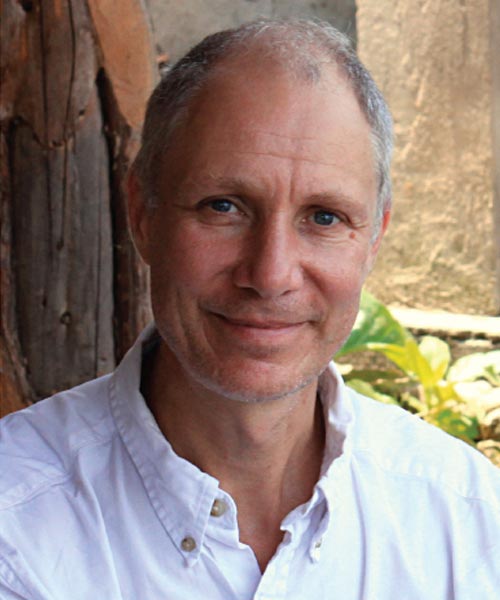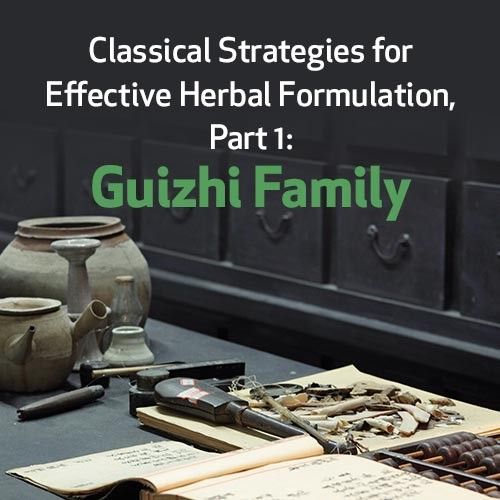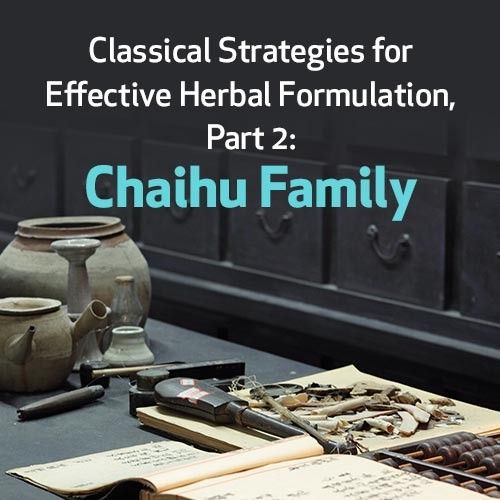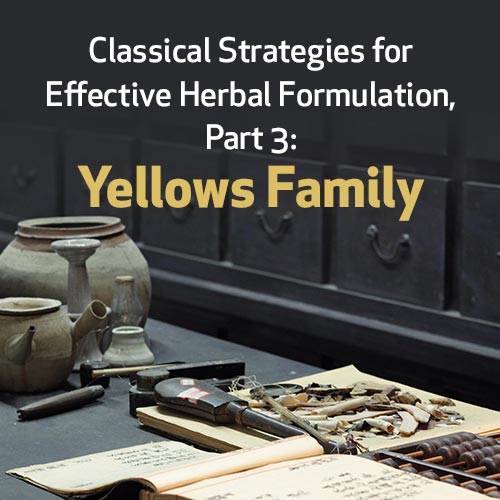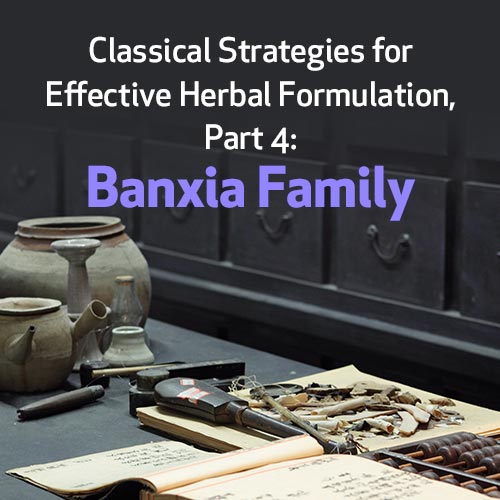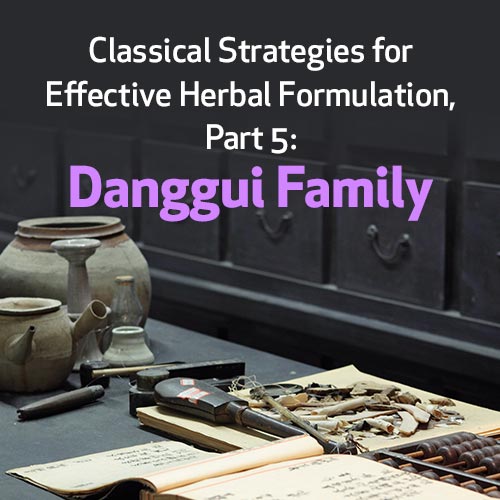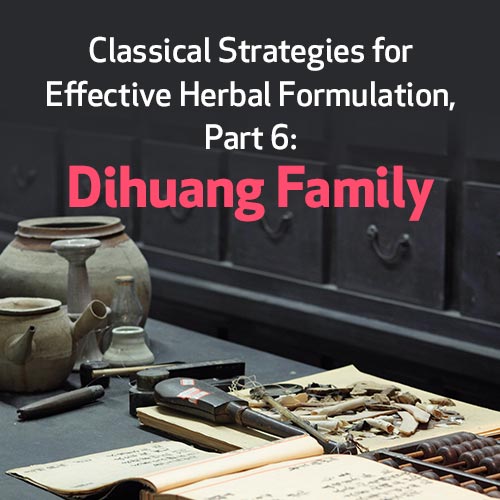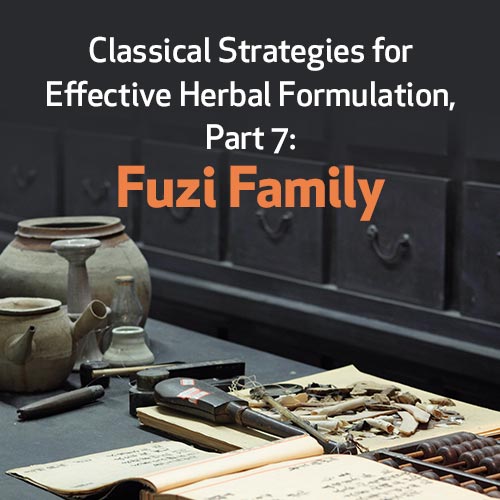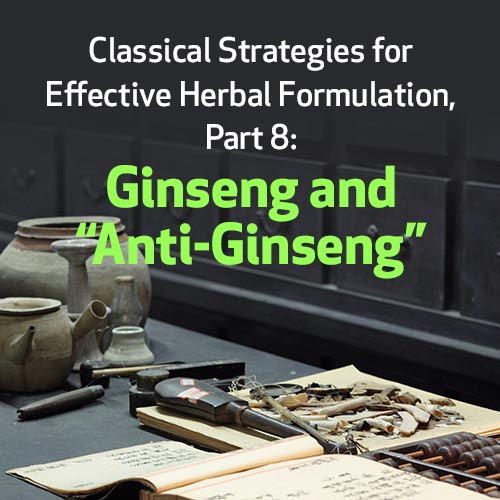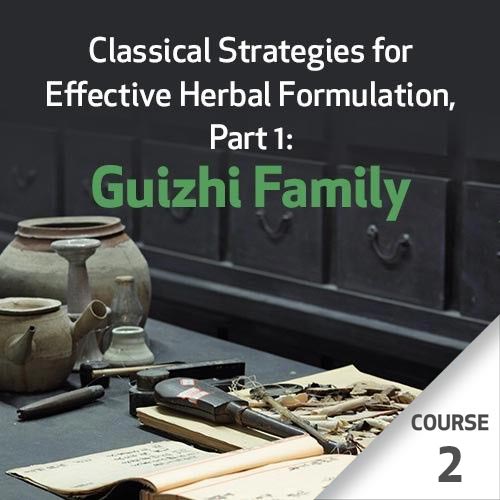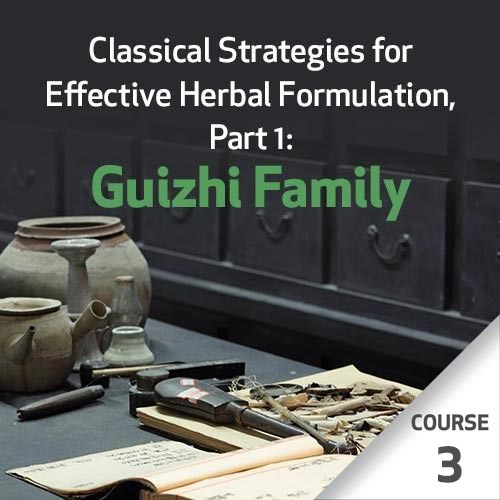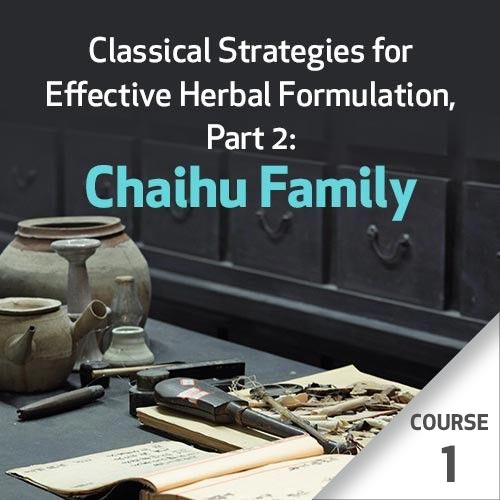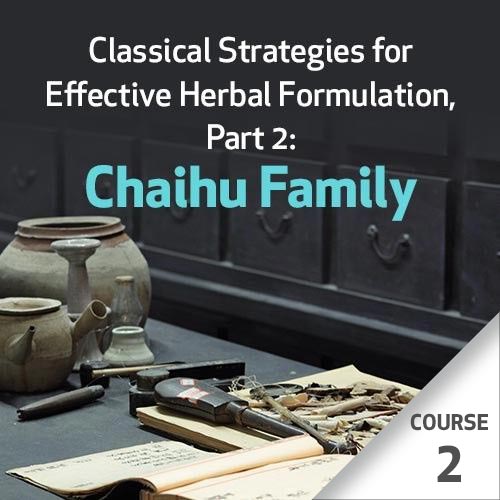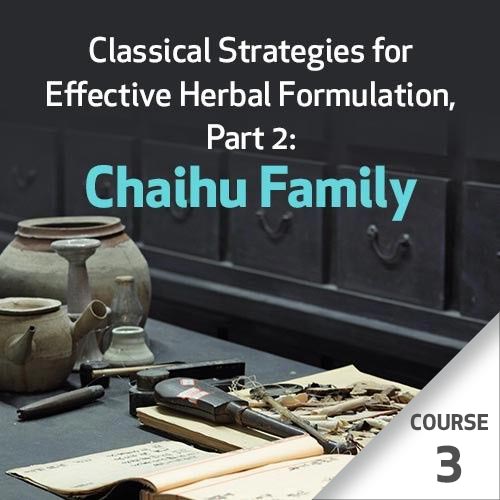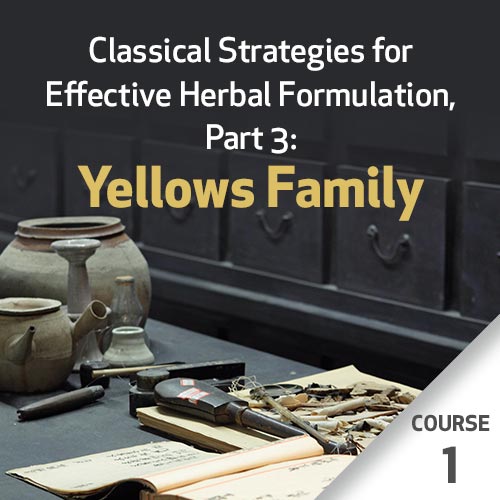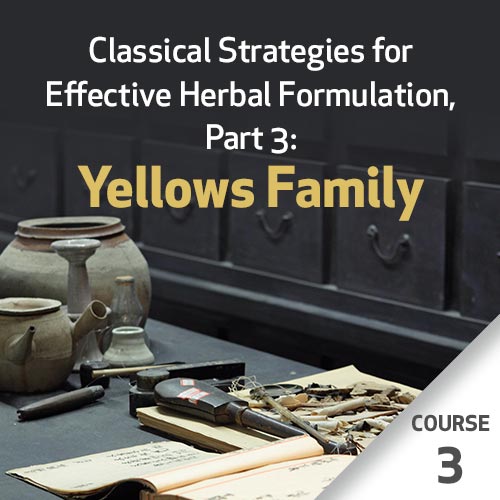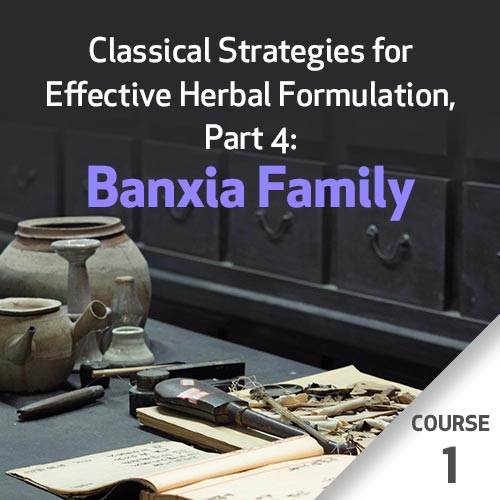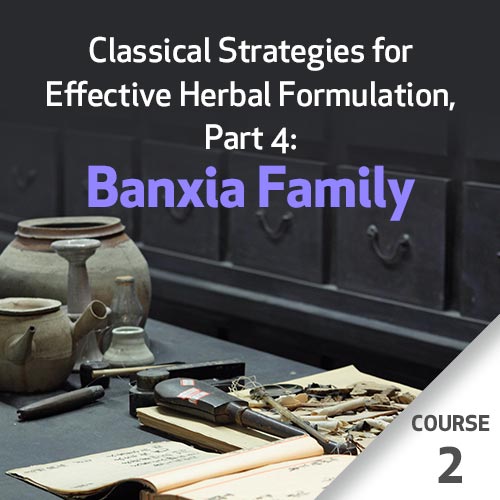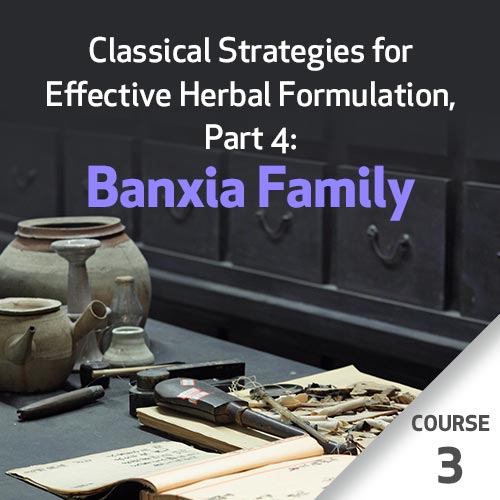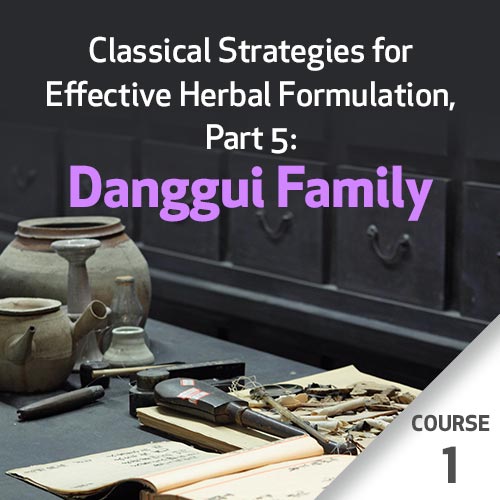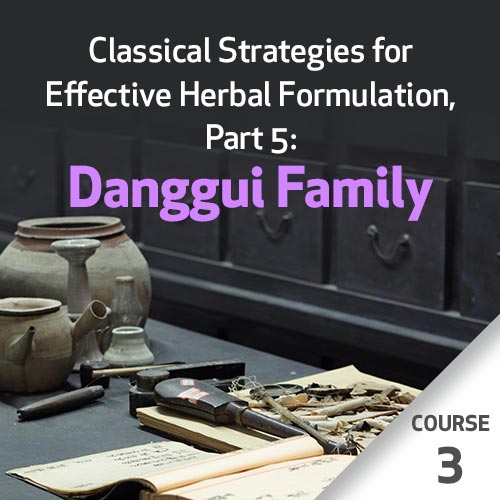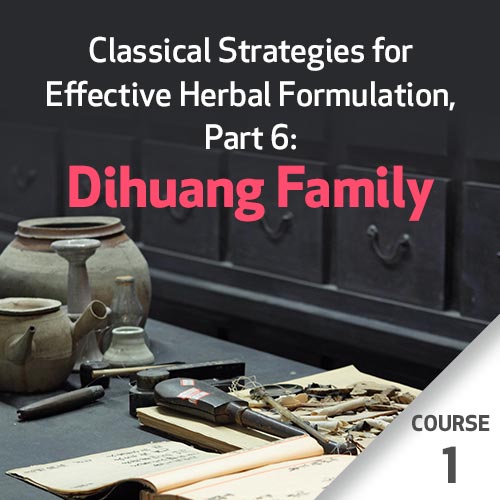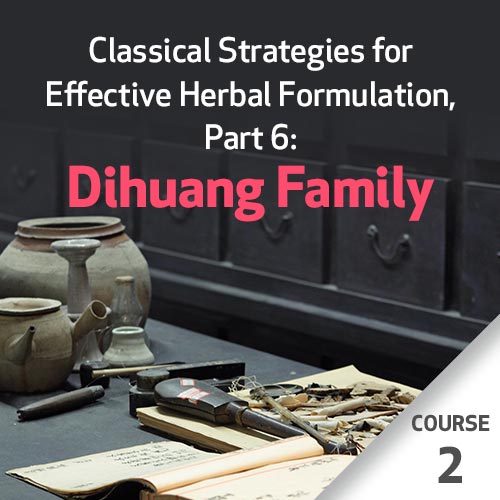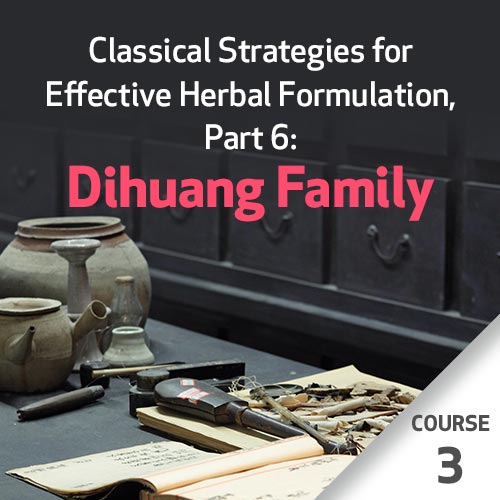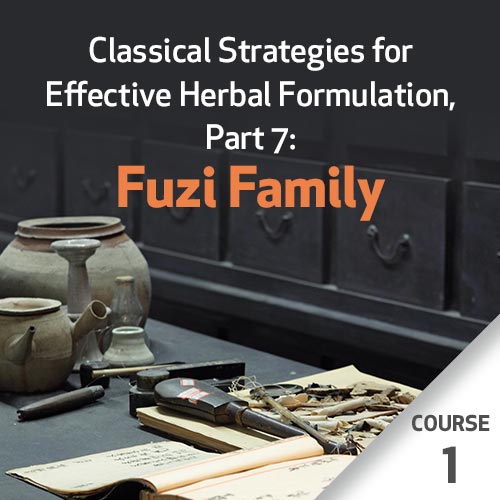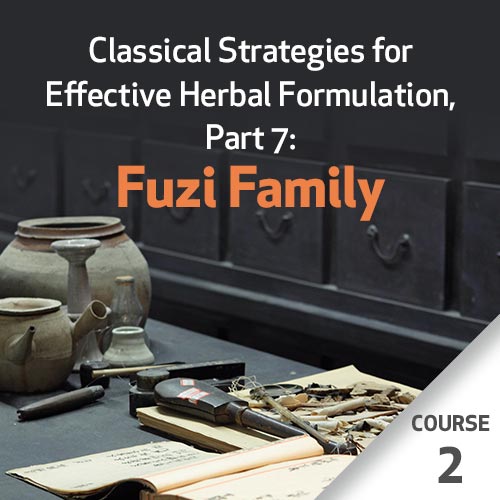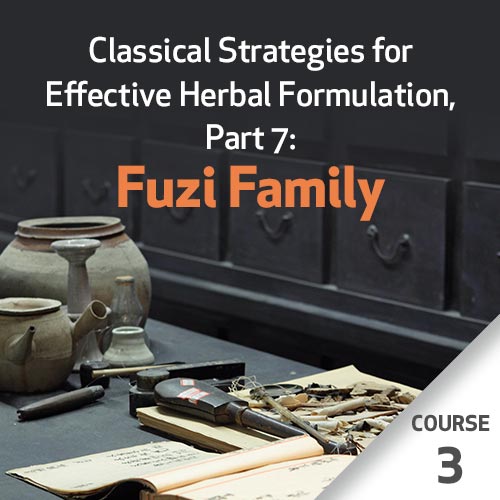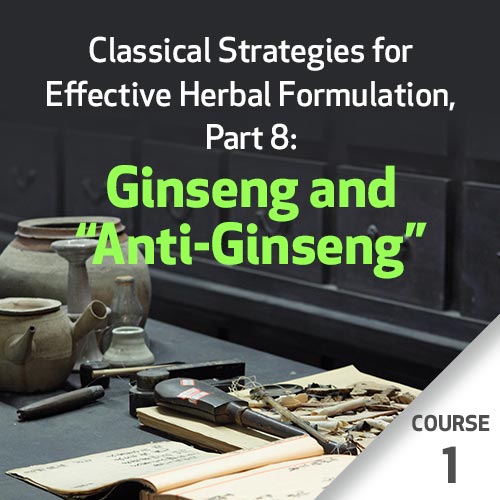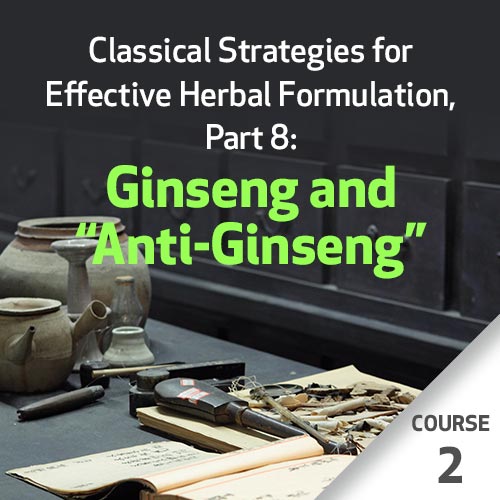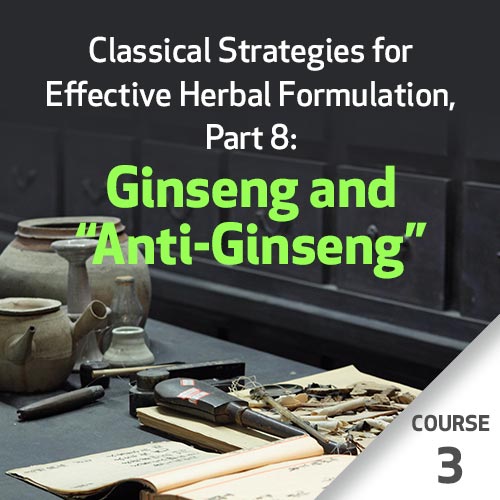Visão Geral Do Curso
Dr. Heiner Fruehauf's master class on Chinese herbal medicine deepens the lifelong learner’s mastery of herbal prescribing by rooting their understanding in classical principles and practices. It accommodates the needs and interests of all levels, from students of Chinese medicine and newer practitioners to seasoned practitioners who are ever-refining their capacity to successfully treat any condition presented in the clinic.
For each of eight major herb families, Heiner describes the energetic properties of the lead herb, common herb pairs, and the major herbal formulas. Case examples are presented to provide a clinical context for learning the indications for particular formulas within each family. With this base of knowledge, practitioners can stand on firm ground while being flexible in their ability to design herbal treatments that effectively treat the complex patterns manifesting in our increasingly out-of-balance world.
In this introductory session, Heiner discusses the qi and wei of herbs as characterized in the Huangdi neijing and the Tangye jing, medicinal terroir (didao yaocai), the alchemical stability and directional momentum of Chinese herbs, the architecture of herbal formulas, and the art and science of paozhi (precise processing methods based on classical alchemical instructions). He introduces Tangye jing Group 1 (Phase Element Wood) with the acrid herb Guizhi. Guizhi Tang is introduced as the lead formula in this category; case examples are given.
Objetivos
-
Discuss the qi and wei of Chinese herbs, distinguishing between the wei of an herb as characterized in the Huangdi neijing versus the Tangye jing.
-
Discuss the concepts of medicinal terroir (didao yaocai), chemical stability, and directional momentum as they relate to Chinese herbal medicine.
-
Discuss the fundamental principles and methods of paozhi (herbal processing based on classical instructions).
-
Describe the 4 major roles that herbs play within a Chinese herbal formula, and the major forms in which the formulas as administered.
-
Discuss Guizhi Tang as the main representative of the Guizhi family of formulas.
Descrição
0 hrs - 15 min
Introduction to this master class on Chinese herbal formulation. Includes Heiner's lineage background.
15 min - 45 min
Introduction to Chinese herbal formulation; how the course is organized based on classical principles. Includes a discussion of qi (temperature) and wei (flavor), including how wei is characterized in the Huangdi neijing and Tangye jing.
45 min - 1.25 hrs
Heiner will discuss the concepts of medicinal terroir (didao yaocai), chemical stability, and directional momentum as they relate to Chinese herbal medicine. Classical quotations will be included.
1.25 hrs - 1.5 hrs
Paozhi: methods, importance for clinical efficacy. Formula architecture (including titles and roles, dosages, and methods of administration).
1.5 hrs - 2 hrs
The energetic properties of Guizhi as a lead herb. Introduction to Guizhi Tang, including case examples.
2 hrs - 2.5 hrs
Heiner will answer questions from the chat. Questions chosen will be those deemed most relevant for the whole group.
Testemunhos
-
Dana L. (United States of America)
Aulas tão boas assim são raras. Adoro como a teoria e a prática são combinadas para tornar cada uma delas mais significativa e memorável. (Traduzido automaticamente da EN)
-
Ariane W. (United States of America)
Recomendo muito este curso de ervas chinesas! O conteúdo é enriquecedor, e a abordagem do professor torna o aprendizado agradável. (Traduzido automaticamente da EN)
-
Heidi B. (United States of America)
Esta é uma oportunidade única que todos devem aproveitar para conhecer melhor a Medicina Chinesa. (Traduzido automaticamente da EN)
Testemunhos
Aulas tão boas assim são raras. Adoro como a teoria e a prática são combinadas para tornar cada uma delas mais significativa e memorável. (Traduzido automaticamente da EN)
Dana L. (United States of America)
Recomendo muito este curso de ervas chinesas! O conteúdo é enriquecedor, e a abordagem do professor torna o aprendizado agradável. (Traduzido automaticamente da EN)
Ariane W. (United States of America)
Esta é uma oportunidade única que todos devem aproveitar para conhecer melhor a Medicina Chinesa. (Traduzido automaticamente da EN)
Heidi B. (United States of America)
Discussão excepcionalmente informativa e completa sobre medicina herbal chinesa. (Traduzido automaticamente da EN)
Jaden H. (United States of America)
Podemos conhecer um professor pelo seu shen. O cultivo do Dr. Fruehauf corresponde à sua erudição, o que o torna uma joia rara para a comunidade médica chinesa. (Traduzido automaticamente da EN)
Erin L. (United States of America)
Professor
Heiner Fruehauf
Heiner Fruehauf is the Founding Professor of the College of Classical Chinese Medicine at National University of Natural Medicine (NUNM) in Portland, Oregon. As a practitioner, Dr. Fruehauf focuses on the complementary treatment of difficult and recalcitrant diseases, including cancer, chronic respiratory and digestive disorders, and inflammation of the nervous system.
Aviso Legal
Please read these important disclaimers before purchasing:
...

